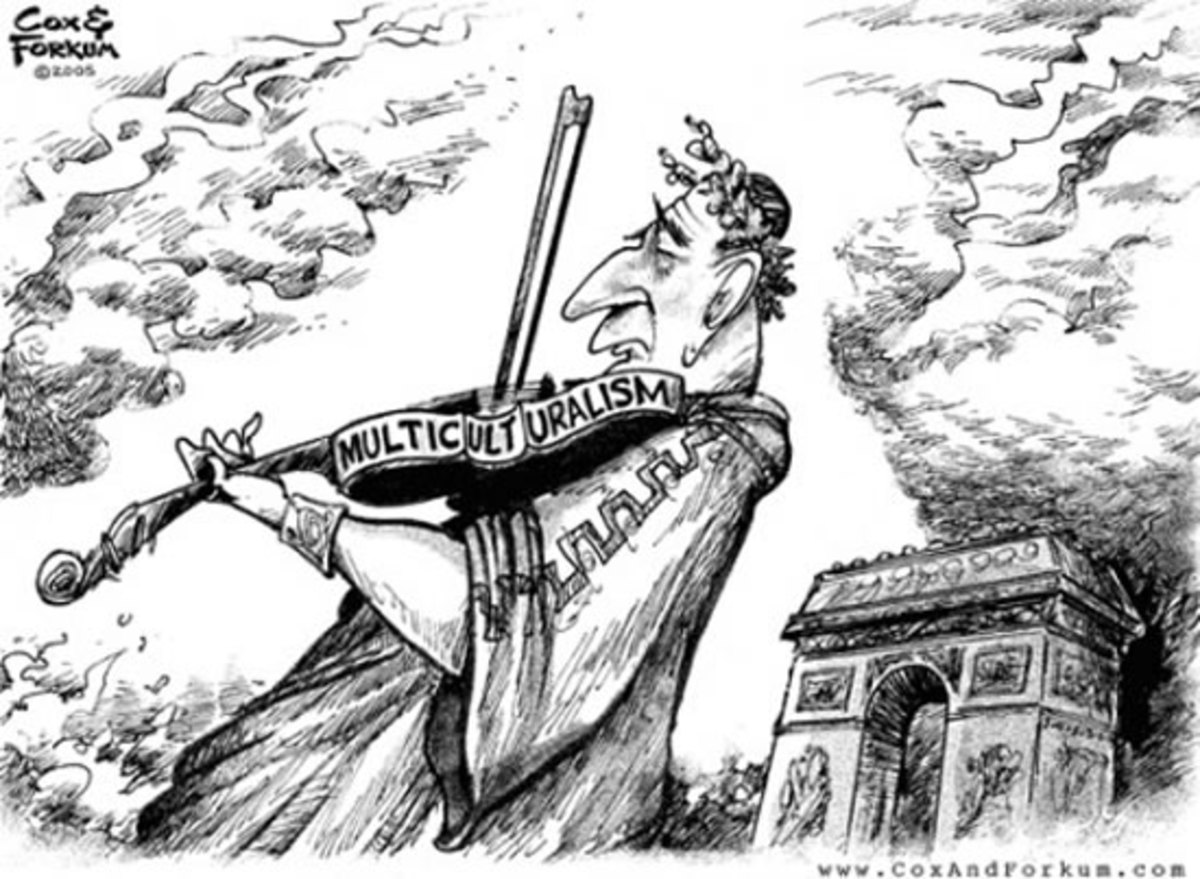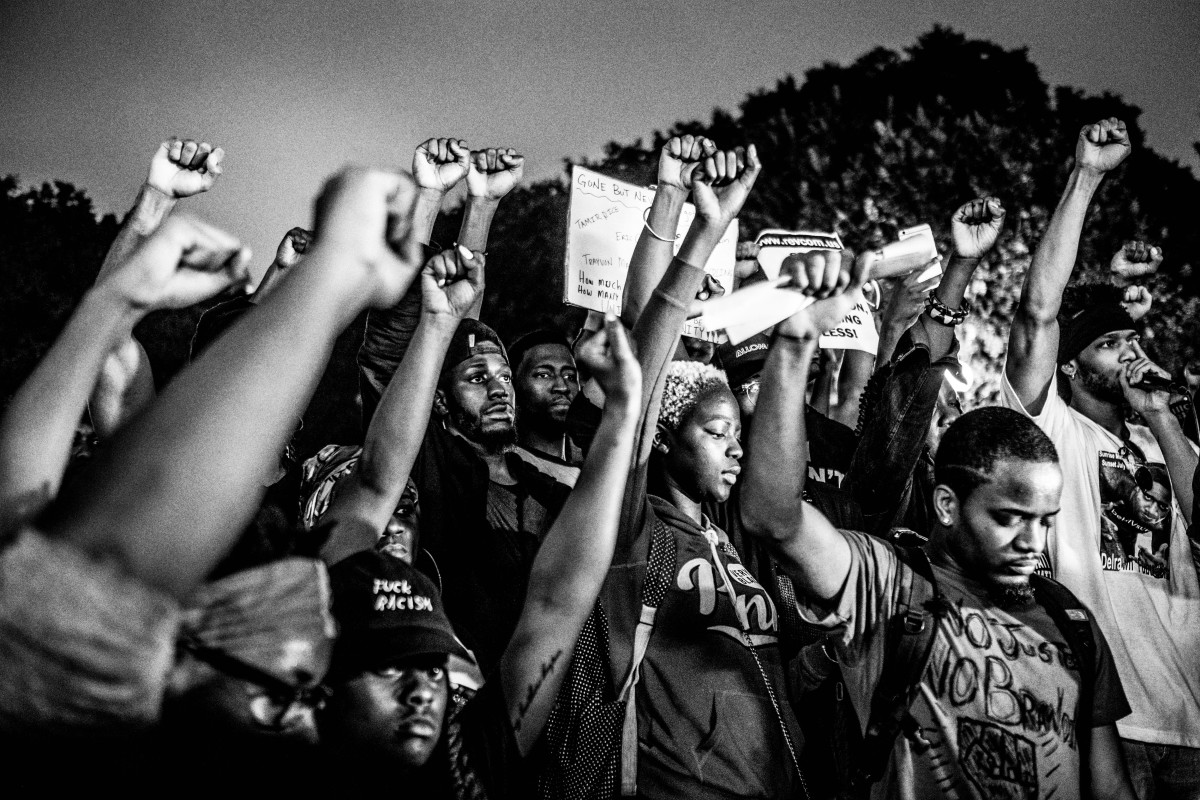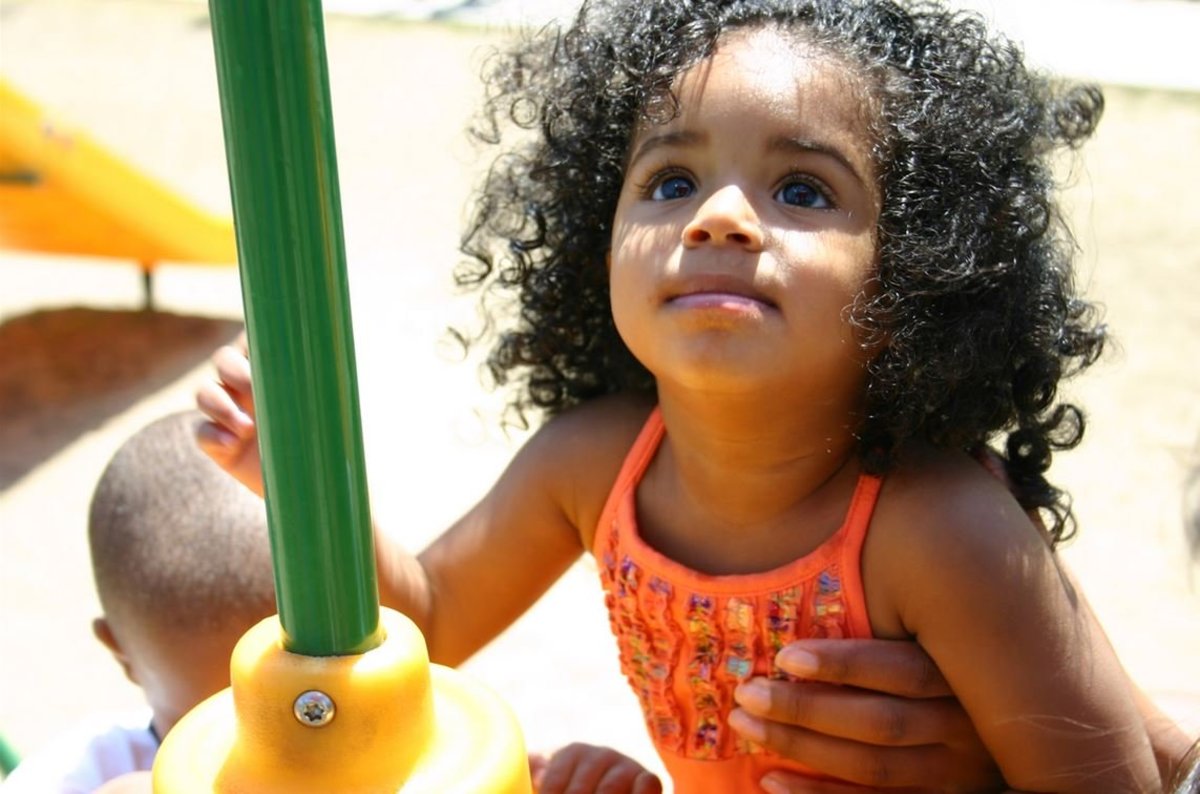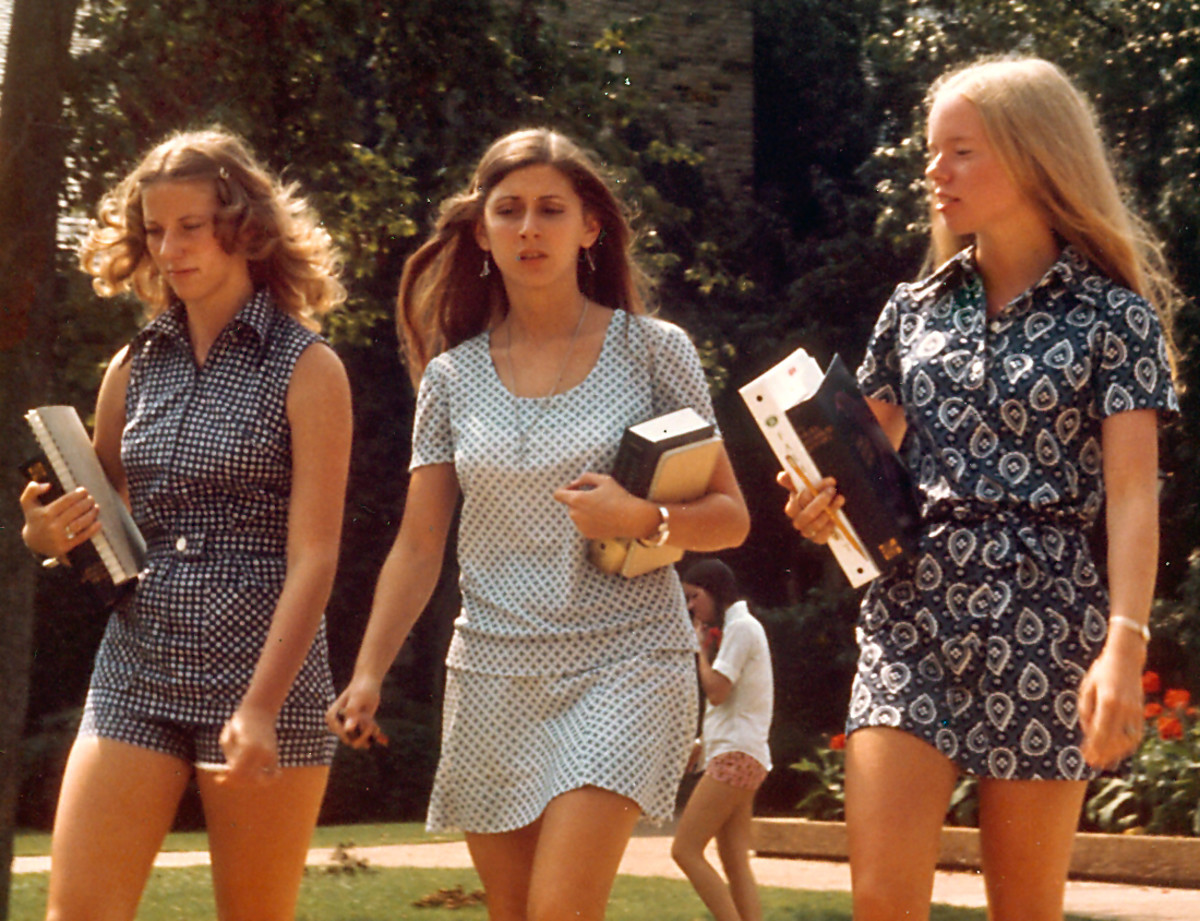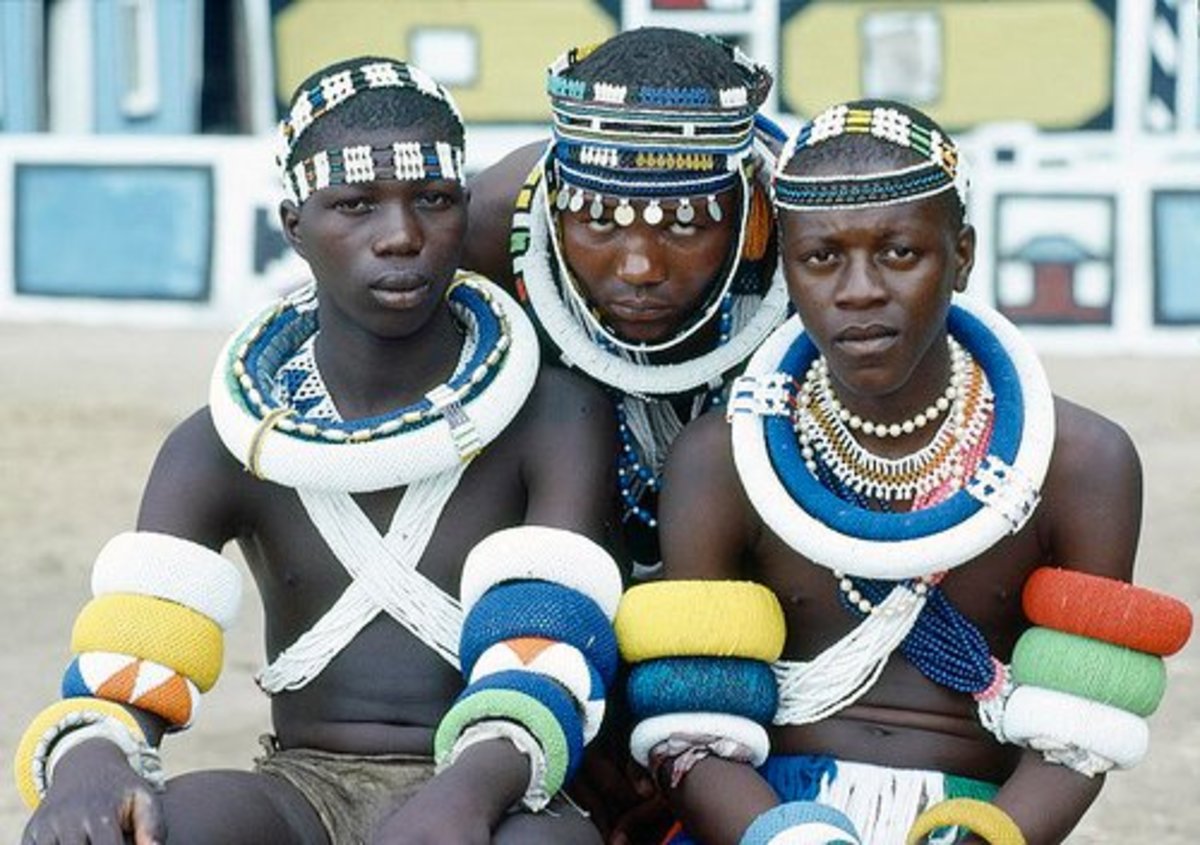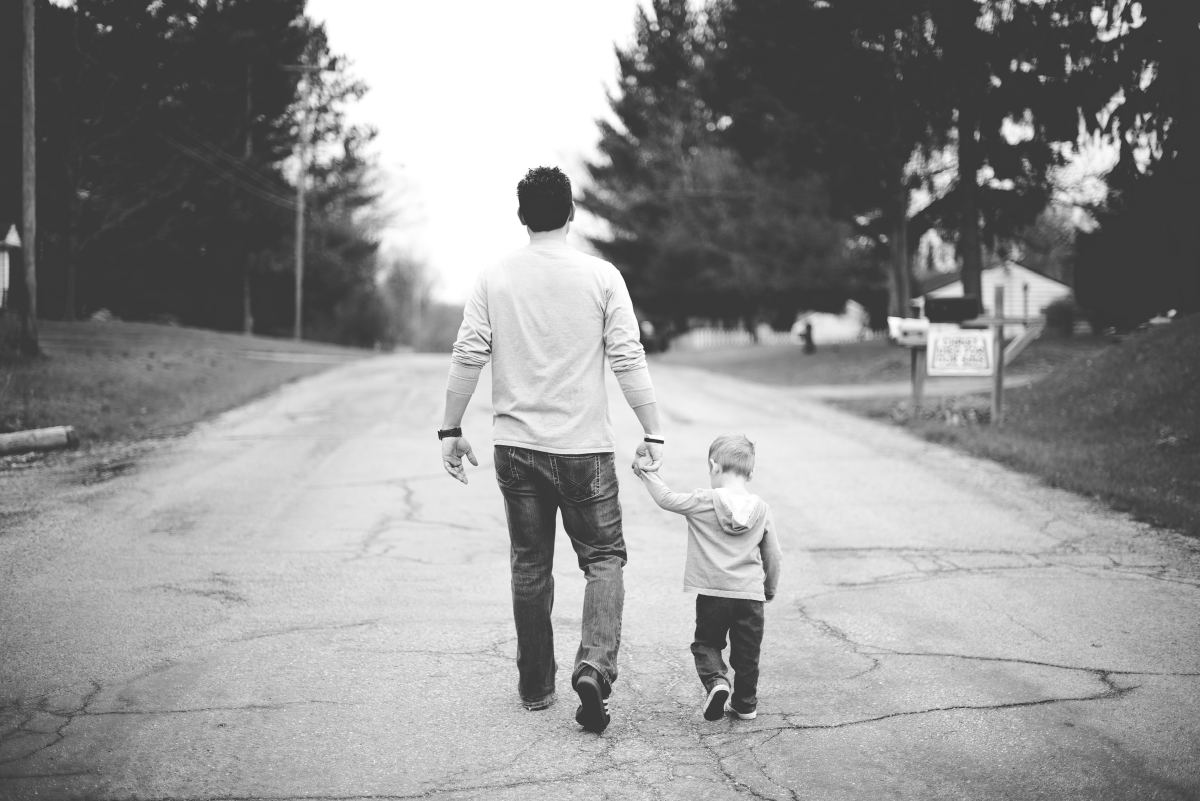African-Americans and “Black Names”
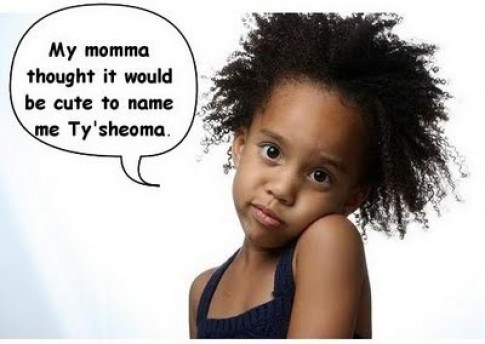
Once again, apologies to my regular readers for not having written and/or posted anything recently. As some of you might know, I have been working on several books for the last year. Needless to say, I have been very busy. However, the reason I started blogging in the first place is due to the lack of logic, objective reasoning, and plain good sense in what passes for news or opinion online. More to the point, I tend approach issues based on these absent criteria; reason, logic, and objectivity make for far better decision-making (and understanding) than emotions, feelings, and cultural/political/social dogmas.
To this point, I’m going to delve into an issue that is somewhat touchy for those of us in the black community. I was watching the local news the other evening when a piece aired about a crime spree perpetrated by several teens. The rampage of robbery, and assault spree culminated with one person being shot, and another murdered while sitting in a car in his own driveway.
As the news anchor read the names of the youth—those of legal age to have their faces and names outed—I sadly have to admit that I wasn’t surprised that they were black. I’m not implying that my fellow African-Americans are more prone to engaging in criminal activity (although sometimes I wonder). What I am saying is that I could tell that they were black by their “ghetto”-sounding names.
Hearing the news anchor reading the names of the young offenders, my mind regressed back to my tenure as a long-term substitute teacher in the late 90s and early 00s. Particularly during the ordeal of morning roll call in the urbanesque schools I would often find myself working in. What made roll call an ordeal was the same level of perplexing semi-annoyance I got watching the piece about the young wannabe gangsters—the infatuation that African-Americans have with made-up (or “ghetto”) names for their children.
Back when I was a teacher, I would have so much difficulty attempting to pronounce many of the names of today’s crop of black kids that I eventually just started calling them “Mr” and “Ms. So-and-So” by way of their last names. Part of me has always attributed this phenomenon of giving our children unusual (read: damning) names as some of the questionable things that we do, like sagging pants. But since I can remember growing up during a time when most African-Americans had traditionally Anglo-originated names, it’s hard for me to buy into this particular notion. The reality is that—like sagging pants—this practice of giving our children “ghetto” names is a recent bandwagon. Sure, we all can remember that one person in school who had an unusual name, but that was the exception, not a rule. Today, it has become something of a norm to run across—on a daily basis—a black child or young adult with a name with a variation of the suffixes isha , -ika, -arvious, -te, -ita, -etta, and/or -ay.
And the unusual nature of these names is punctuated by the fact that in many cases, no two of these “ghetto” names are alike. In other cases, black parents are just as quick to jump on the bandwagon and give their kids unusual names shared by other black individuals that they think “sounds cute.” When I was teaching, I was in a classroom with three “Devontes;” I can’t possibly make this up. And the number of black kids with names that contain dashes, apostrophes, or accent marks over the “e” (or a mixture of these symbols) can at times boggle the imagination. At the risk of being labeled “judgmental” or “whitewashed,” this practice has long outlived its novelty or “cute” factor; now it’s just downright annoying. What’s more, I actually knew of several youths with these off-the-wall names who couldn’t even spell their own names until way past the point when Bill, Diana, or Ingrid had their spellings down to second-nature.
I can recall getting into one or two heated conversations with black women in the past who defended this practice with the same justification—that “black people just want ‘different’ names.” Yes, “different,” but not (at times) idiotic. The variety of crazy names that many black parents—mostly black women—give their kids tend to be based on some personal favor, such as the favorite alcoholic drink of their parent (e.g., Chardonnay, Alize, Amaretto), a favorite luxury automobile (e.g., Lexus, Mercedes), a high-profile clothing designer (e.g., Diamante, Armani, Prada), or an amalgam of both parents’ name or someone important to them (e.g., I’m not going to even try).
Another common justification for giving black children such outlandish names is that—at least for some—some of these names are African in origin. The inherent discrepancy with this particular defense is that many of my fellow African-Americans are so far removed from any social, political, and/or cultural connections and/or concerns with the Motherland that it simply doesn’t wash. The reality is that you can travel from the entire continent of Africa, from Libya in the north to South Africa in the (where else) south, and not come across one single “Tay'Sh'awn” and “Day'Shawndra” (I've heard the same excuse used stupidly to defend the popularity of the sexually demeaning dance-craze called "twerking"--that it has it's origins "based in Africa." Give me a break).
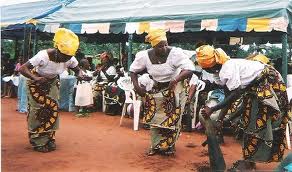
And then there’s the gratuitous “But white people do it too” or the “No one says it when white people do it” excuse(s). And while this defense may have some merit, it’s not universal to white culture to impart names unto their children that either stigmatize or reinforce stigmas. Yes, we all know of about the case of the white celebrities who named their children “Apple” and “Pilot” (or politicians named "Saxby"). But with white culture, it’s the exception, not the rule. And eccentricity with white naming is usually reserved for the affluent and/or high-profile (millionaires, politicians--or millionaire politicians--actors/actresses, musicians) individuals who don’t reinforce negative stereotypes—right or wrong—like “Q'J'Q'Sha,” or “Anfernee” (no, I’m not making those up). Besides, attempting to justify one dubious practice by citing that “others do it too” is just plain stupid (if white people jumped off a building…?). In black culture, it’s typically a habit among the impoverished, low-income, and/or uneducated individuals (yes, there are exceptions, but for the most part this is a fact). And since there is a correlation between poverty, income, various social pathologies, and crime in many black communities in America (a correlation that many want to deny), it’s more likely that black youth with these names will reinforce negative stereotypes than prove the opposite. This is why the practice has come to be called “ghetto naming.”
Black “ghetto” naming does actually have a basis in history. During the radical stage of the Civil Rights Movement, many blacks were eagerly attempted to recapture their African cultural heritage, which had been decimated by centuries of being demeaned, caricaturized, minimized, and belittled by the ethnocentrism of white Americans. This movement within a movement manifested itself in many ways—adopting Afrocentric and African-inspired wardrobe (e.g., wearing of Dashikis), hairstyles (e.g., the “natural”/afro), and imparting African names to our children. In terms of the latter practice, this was done so in defiance of the “slave” (i.e., “white”) names that black slaves were given in order to suppress their African-centered identities (and because black names were seen as reflective of a “heathen” culture in the eyes of American whites). High profile examples of this historical drive to capture (or re-capture) black cultural identity were most notable in the name changes undergone by the likes of Malcolm X and Muhammad Ali. Somewhere along the line, the creativity of black naming got out of hand, mostly among young low-income/poor blacks and mostly within the last generation and a half. I myself can only assume that this was done as some reflection of an inner desire for their children to be more prosperous than they themselves were—hence the focus on names that reflect luxury (Lexus, Prada, and/or Chanel). In other cases, I'm guessing it's a different perception of what's considered an "adorable" name and one that's just so beyond the pale as to invite a thousand potential punchlines as soon as you hear it.
Although anecdotal, there are some examples that support this. The comedienne, actress, and talk show hostess Mo’ Nique is well known within the black community, and in many circles among mainstream media. What might not be well-known about her is that she has been married twice. Her first marriage, which took place during the time she was making a name for herself (but still struggling both career wise and financially). Her first marriage also produced a son named “Shalon.” After her first divorce, her career and notoriety began to take off. As she began to become more high-profile in Hollywood circles—and her net-worth began to balloon—she had gotten married a second time. Her second marriage produced two sons—twins she named Jonathan and David. Even without Mo’Nique’s example, many of us in the black community know that this is a phenomenon that occurs mostly among—in addition to lower income—individuals, younger people.
But the problem with such outlandish names, as me and my black male friends have often cited, is that they lack a certain level of practicality. As much as we may value our African/black culture, there is a rational level of assimilation that is necessary to prosper in America—after all, despite the projected ethnic demographic shifts, America is still an Anglo-centered country. It simply makes no sense to make one’s child stand out in a culture that demands a level of greater, not less assimilation. Research bears this out.
Back in 2003, the National Bureau of Economic Research conducted a study that manipulated the racial/ethnic perceptions of potential employers toward prospective job applicants. The study, “Are Emily and Greg More Employable than Lakisha and Jamal? A Field Experiment on Labor Market Discrimination” (NBER Working Paper No. 9873), tested the callback rate of black job applicants versus white job applicants by focusing on “very African American sounding name(s)” and” very White sounding name(s)” as the chief controlled variable. The results of the study indicated that:
The results show significant discrimination against African-American names: White names receive 50 percent more callbacks for interviews. We also find that race affects the benefits of a better resume. For White names, a higher quality resume elicits 30 percent more callbacks whereas for African Americans, it elicits a far smaller increase.
Based on purely practical reasoning, it seems counter-productive that these African-Americans, already born with the strike of being born into poverty and in many cases un- and/or under-educated homes, should add a secondary strike against themselves and their children by giving them names which telegraphs both their ethnicities and possibly their socioeconomic statuses in an ever-demanding and fickle job market that emphasizes a measure of conformity.
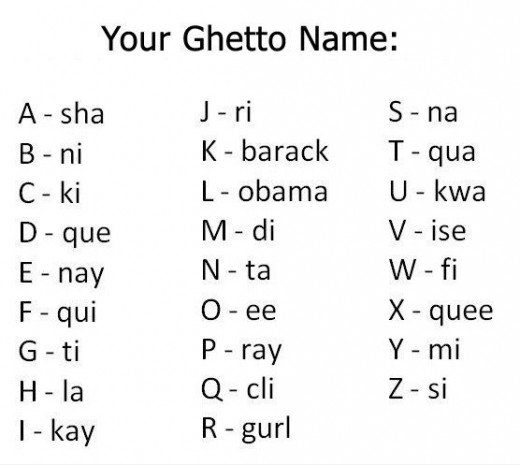
On the surface, this need to help black children fit into a future with decent prospects puts these black families into something of a dilemma—how to best preserve black identity while maintaining the need to preserve a future that demands some measure of cultural conformity. But the woeful lack of appreciation and knowledge that many young black youth (as well as their parents) have in regards to African history and cultural links makes this argument somewhat moot. This point is emphasized even more in that many crazy names that black parents tends to give their children are not actual African names (just ask an African).
Black parents should really show their children more love than to give them a name that’s sure to make the butt of future jokes. If they think that LaShaniqua, Barkevious, D’quell, and Desenex are somehow “beautiful,” I might suggest that they go back to school…my suggestion is to start out with something simple like a GED. Parents are obligated to think about a child’s future, and not their own selfish bragging rights for the “most unique name” they are able to conjure upon their children. If these parents are looking for a way to make their children stand out, why not do something more substantive instead like imparting upon them a unique drive to succeed and become a Condeleeza, Shaquille, or Beyonce. Those unusual names carry a lot more social and economic weight than the Javarious who stands out for no other reason than his unusual name.

